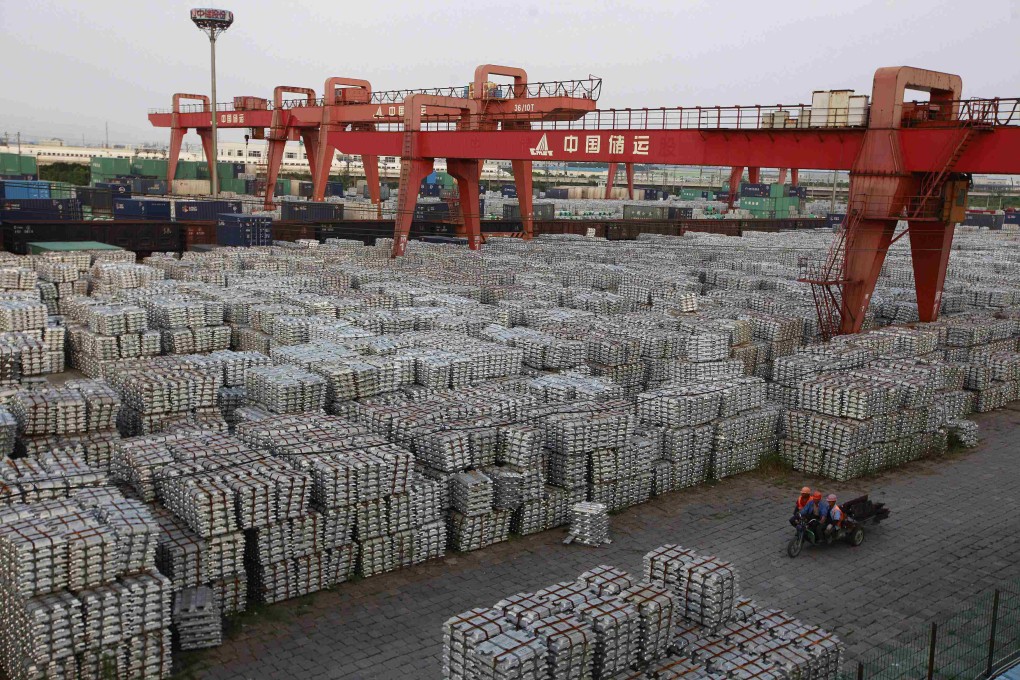China’s coronavirus lockdown to have ‘inevitable’ impact on aluminium output as zero-Covid policy impact spreads
- The border city of Baise reported 72 locally transmitted cases on Tuesday, pushing the total to 180 since Saturday
- China is the world’s largest aluminium producer, but the lockdown of the resource-rich city on the border with Vietnam is set to disrupt aluminium production

China’s latest coronavirus lockdown has driven up the price of aluminium, with an impact on production expected to be “inevitable”, in the most recent supply chain disturbance caused by the nationwide zero-Covid policy.
The city, which is part of Guangxi Zhuang autonomous region that borders Vietnam, was placed under strict lockdown on Monday with all travel and transport halted.
The travel ban will inevitably affect production as workers are unable to return factories
“The travel ban will inevitably affect production as workers are unable to return to factories,” Xinhu Futures analyst Sun Kuangwen said on Tuesday.
“Road transport was particularly affected, prolonging the delivery of aluminium ingots and impact on aluminium supply in the southern region.”
The spot price of aluminium ingots in the southern region jumped by 2.8 per cent on Monday when lockdown was imposed, and it has risen by 6.5 per cent over the last three days overall to 23,080 yuan per tonne (US$3,625), according to Wind Info.
